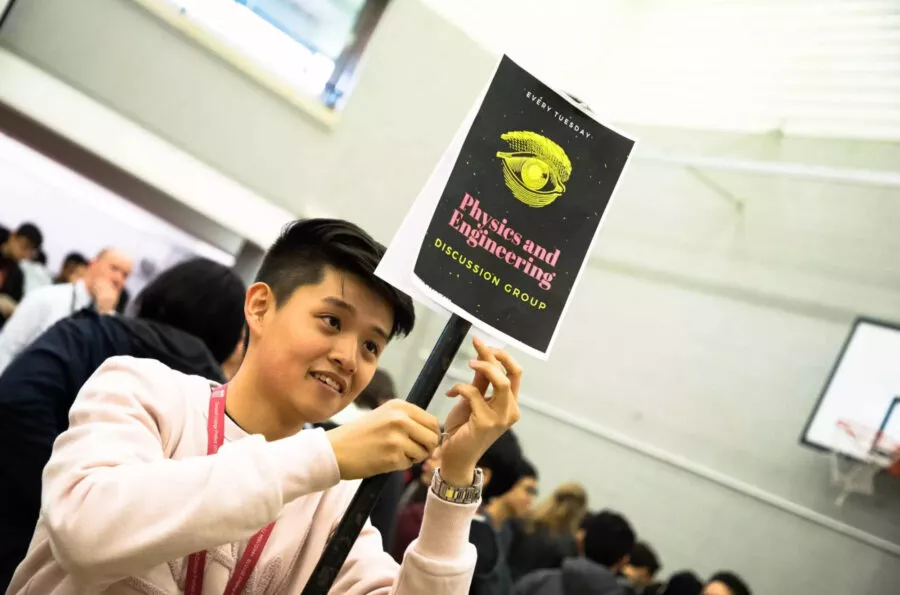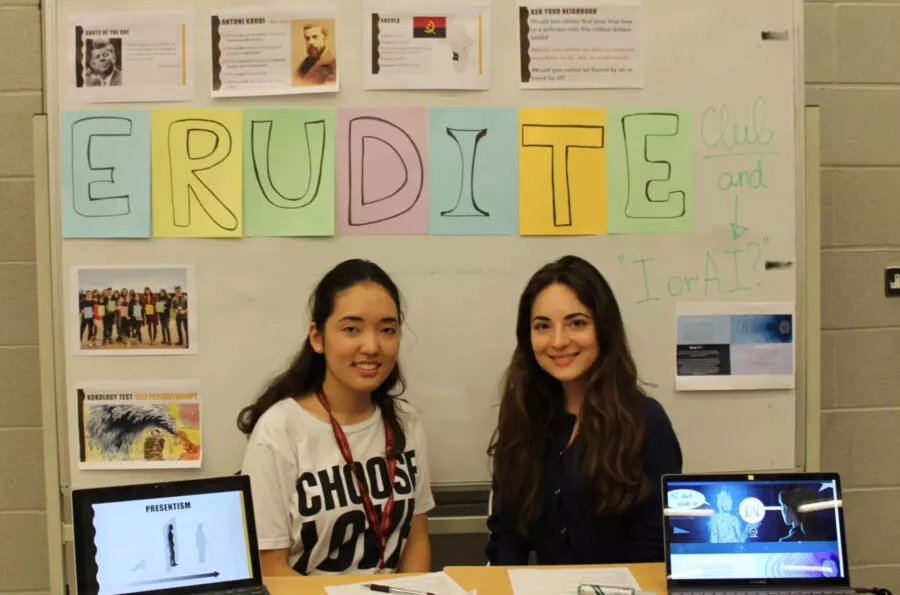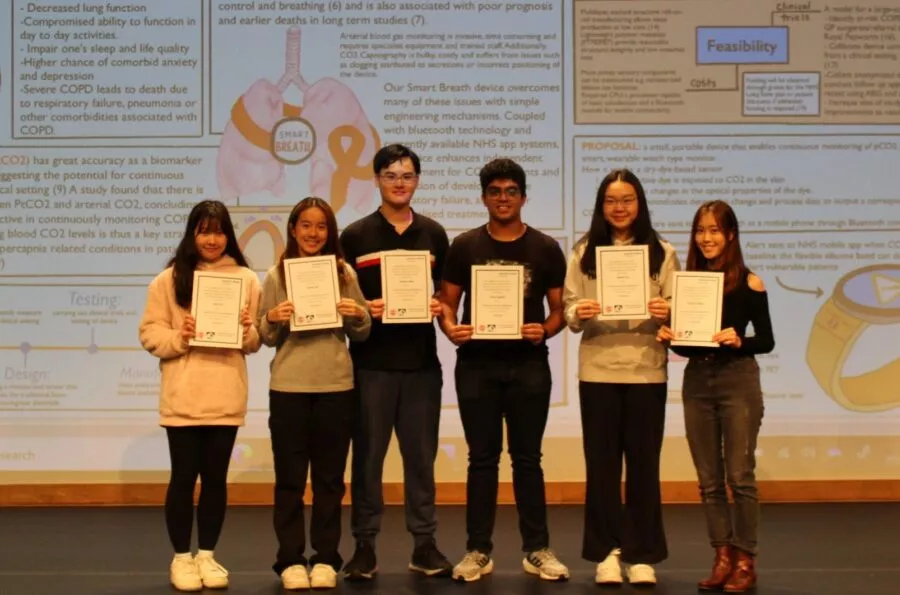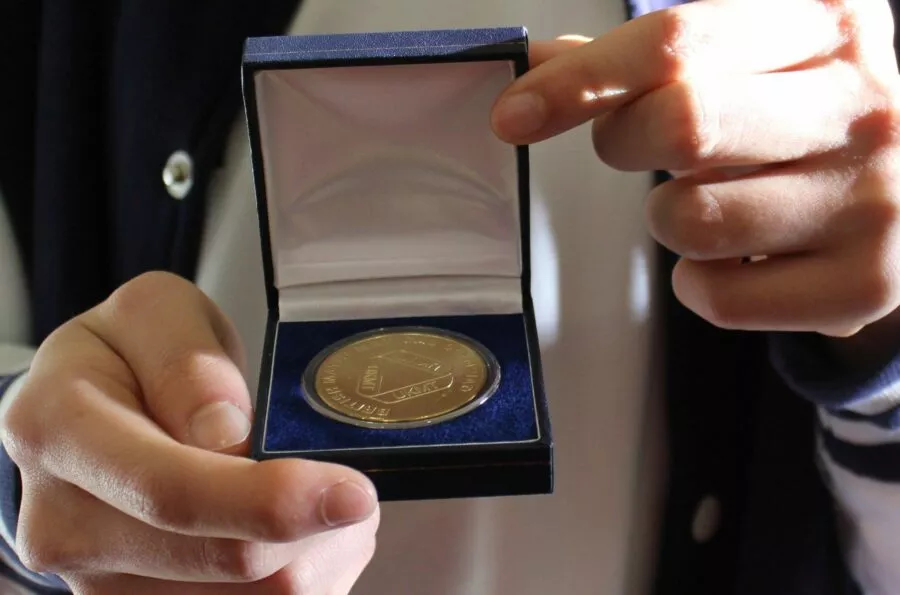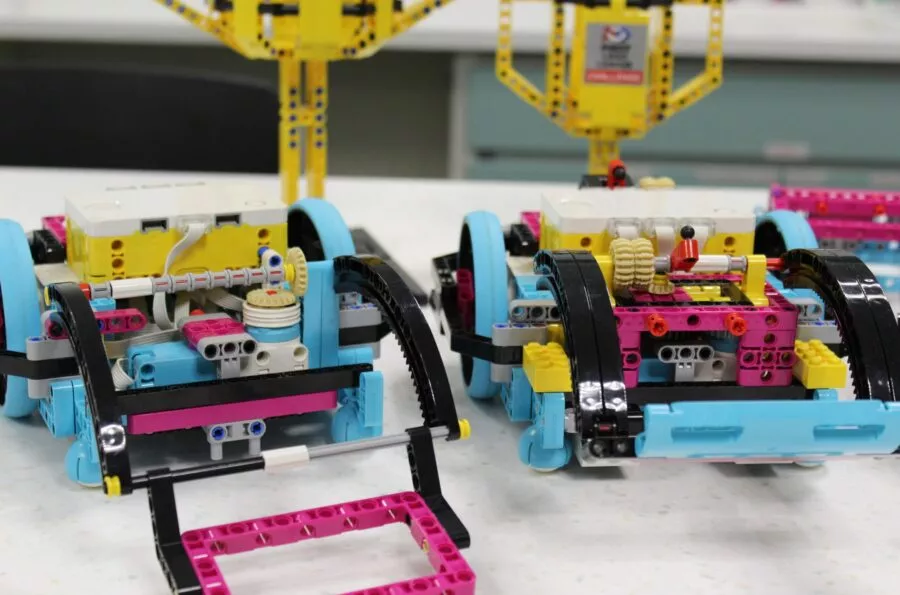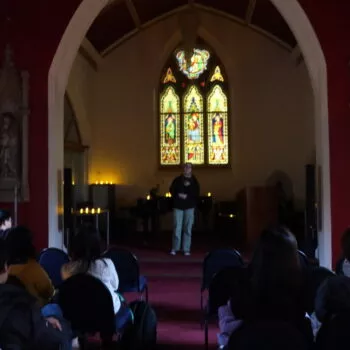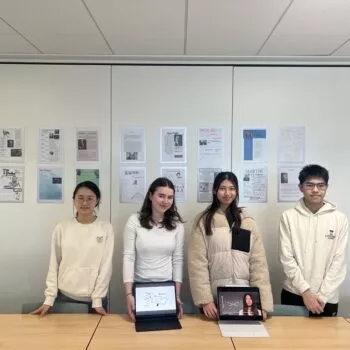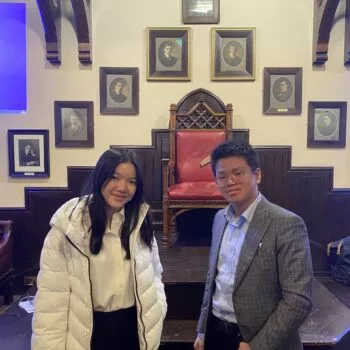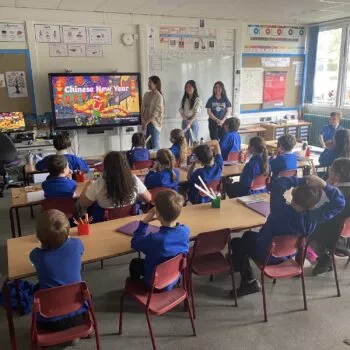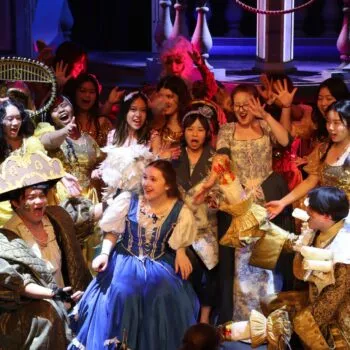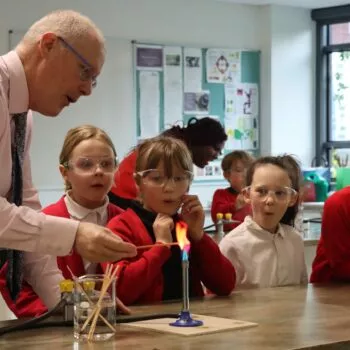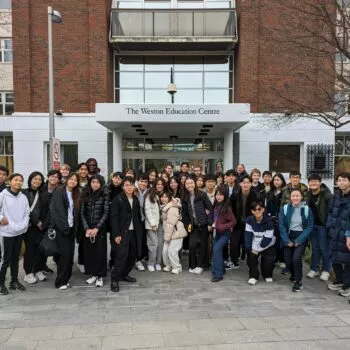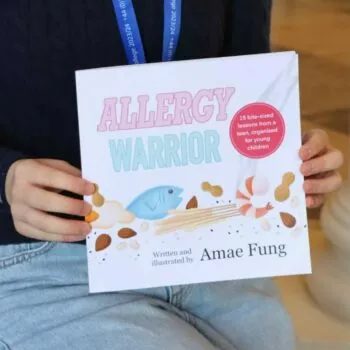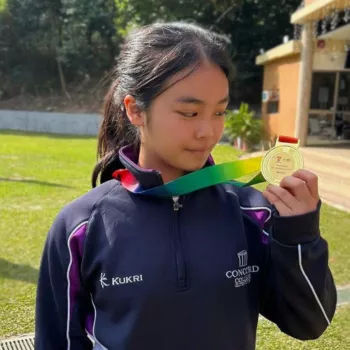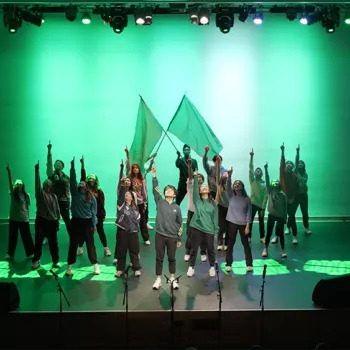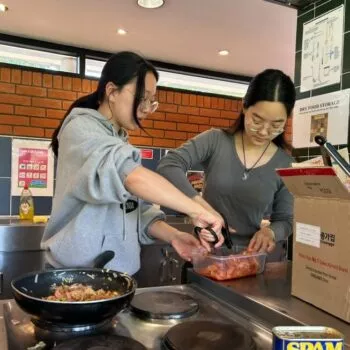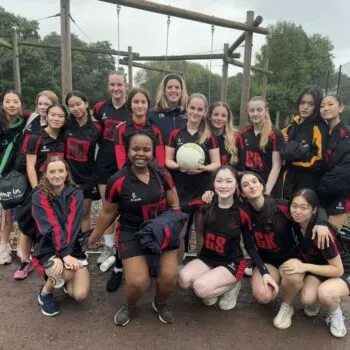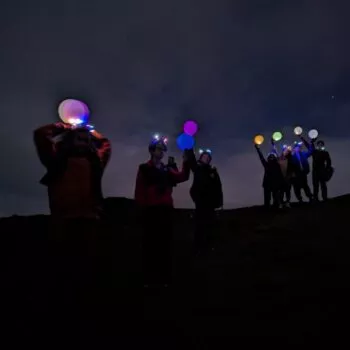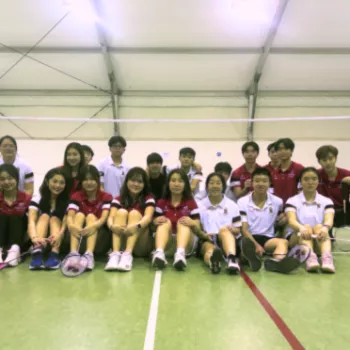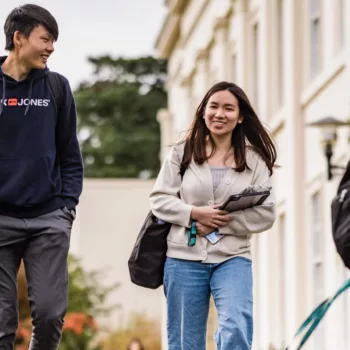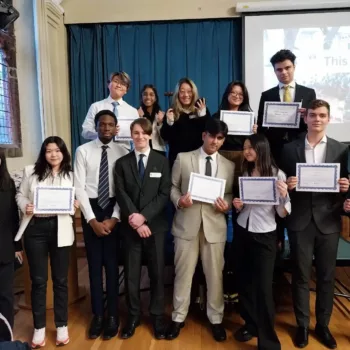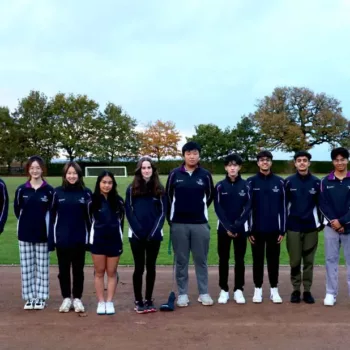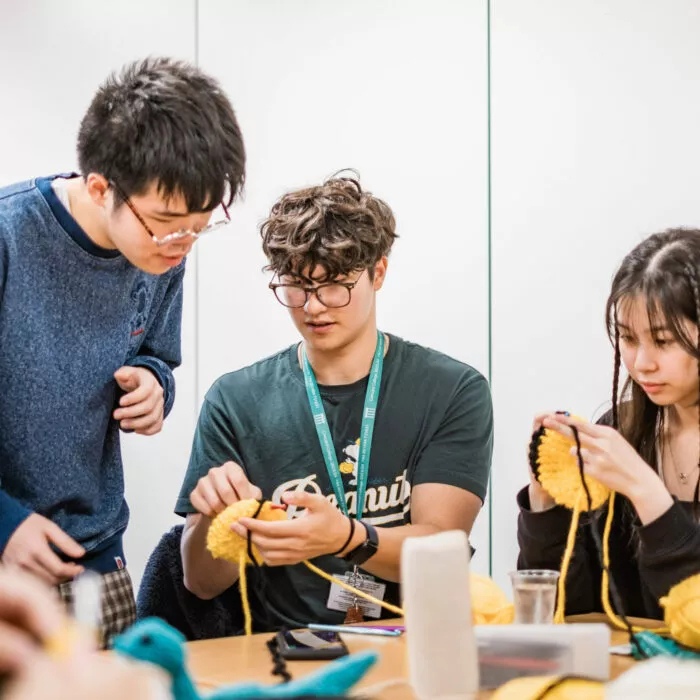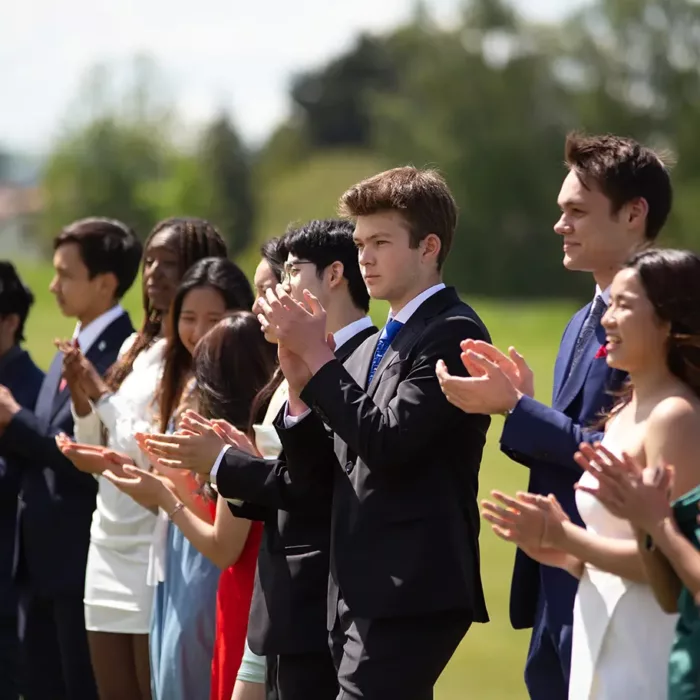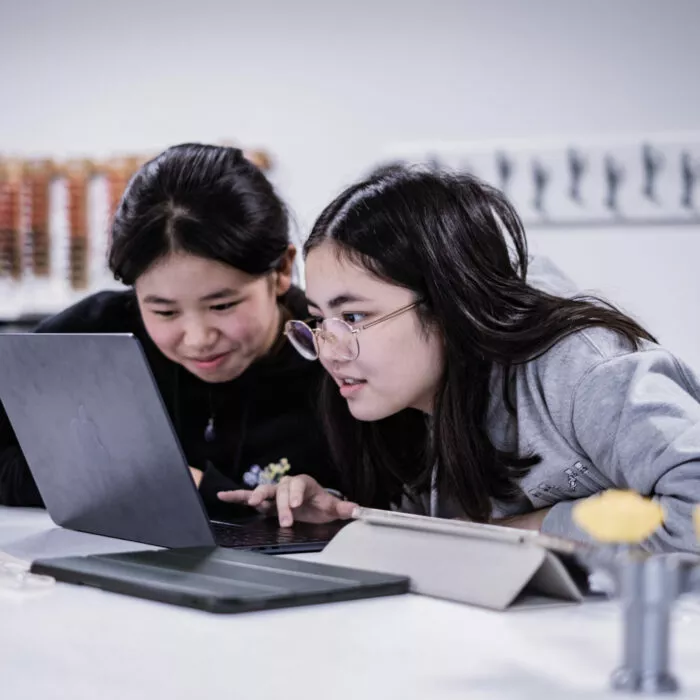The Super Curriculum
Academic excellence comes as standard at Concord and a significant part of our students’ success – both in public examinations as well as in gaining places at the world’s best universities – comes directly from their involvement in our extensive super-curriculum.
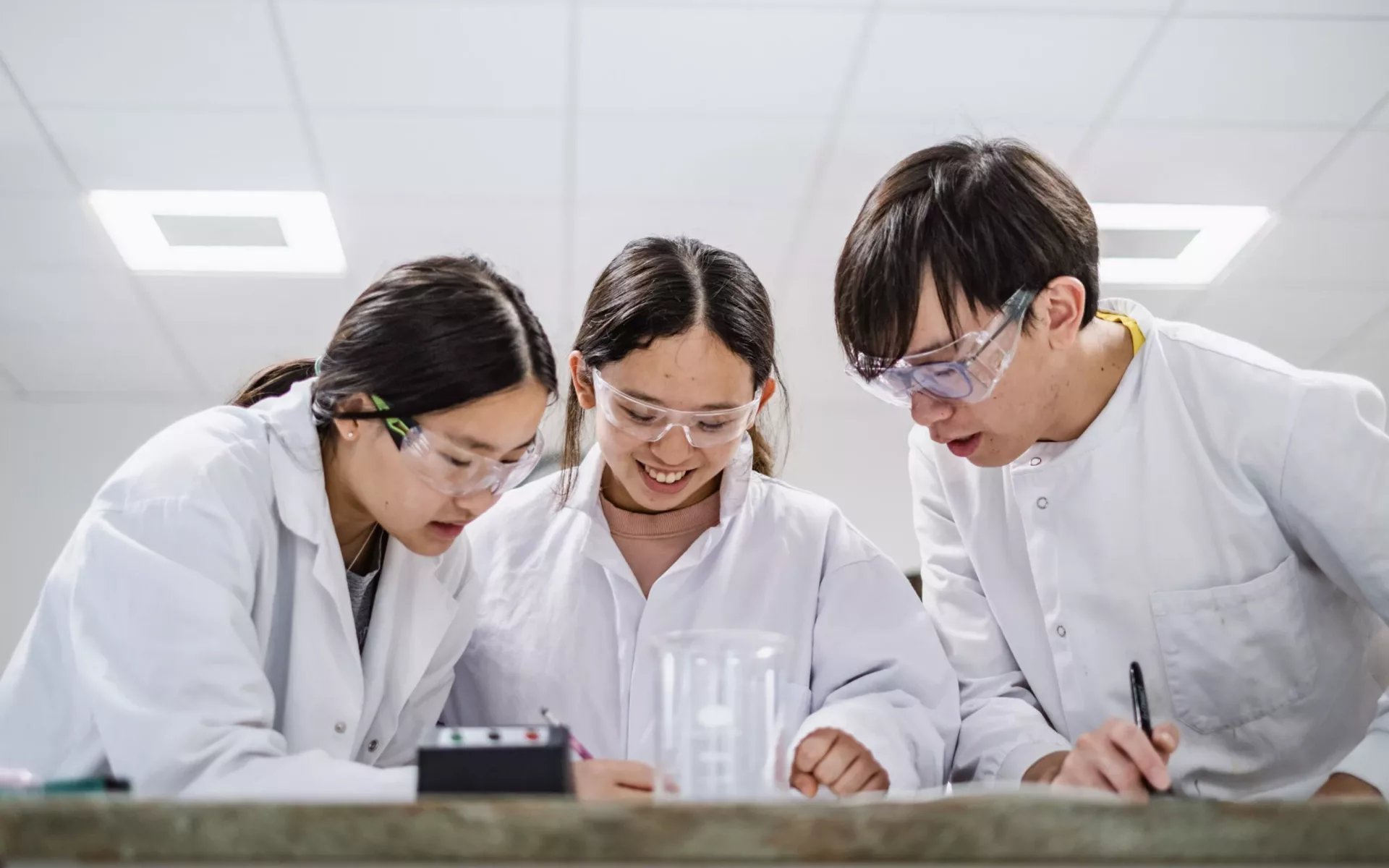
This covers a significant number of academic and academic-related clubs, societies, discussion groups, lectures, assemblies, trips and activities that stretch students far beyond the standard subject curriculums. Engagement in our super-curriculum is a recognition that the best students need to be multi-dimensional in their interests and forward-thinking in their outlook. Concord’s dazzling array of super-curricular opportunities gives our students that extra edge.
Societies for those interested in pursuing their intellectual interests beyond the curriculum include: Art and Architecture, Biochemistry, Chemistry, Computer Science Discussion, Anatomy and Dissection, Economics, Engineering, Finance and Investment, Geography, History and International Relations, Law, Maths Discussion Group, MedSoc, Philosophy, Physics Problems and Psychology.
National Challenges
For those who would like an element of competition, there are opportunities to enter a range of national challenges. Last year the competitions we took part in included:
- Astronomy Olympiad
- Bar Mock Trial Competition
- Biology Olympiad
- British Heart Foundation Competition (British champions 2022)
- Chemistry Olympiad
- Debating Competitions (2 British finalists)
- Economics Essay Competition, Informatics Olympiad (member of UK team)
- Mathematics Olympiad (member of UK team; 60 SMC Gold in 2023 3 students scored 100% )
- Neuroscience Brain Bee
- Philosophy Essay Competition
- Physics Olympiad (3 members of UK team)
- Student Investor Challenge.
Model United Nations events here and at other Schools.
